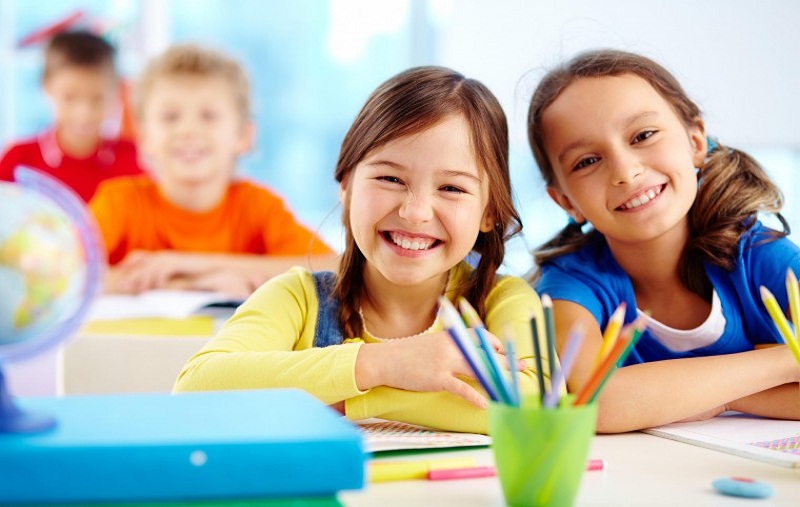Optimistic people– When we speak of positive thinking, we contemplate the pleasant and optimal possibilities of any event or problem, regardless of the difficulties that these carry with them. In situations that may not be “as terrible as they seem” we can practice optimism. The opposite of optimism people is pessimism, pessimism or negative thinking only shows us mistakes and laments.
The style of thought, as well as self-esteem and self- concept, is learned during our evolutionary development, children contemplate how they are reacting mom, dad or people from their immediate surroundings to the problems that are presented.
An optimistic people are excited about the events that are guiding his life, is motivated and does not imagine that a series of chained misfortunes can happen to him. In the most adverse situations, in an optimistic home, it is thought that one’s own mistakes or failures will serve as an example for a later improvement (“the next time it will be better”) and strives to modify certain aspects that have influenced the result. accomplished. A less optimistic household (which borders on pessimism at times) clings to a series of circumstances that, according to its components, are far from its sphere of influence and that, therefore, can not do anything to modify them and determine a more beneficial result. The latter clings to “do not change things”, the well-known earned helplessness exemplified in the magnificent story by Jorge Bucay, “The elephant in chains”.
As we mentioned before since we were little we learned a style of thinking and began to apply it. Little by little we begin to internalize it, it is part of us, and the older we are, the more its modifications cost us; if from childhood you learn to function in “positive”, you will triumph more easily. Keep reading http://gamesplanet.org/surviving-law-school-101/
How can you teach a child to be optimistic people?

The thinking style a child has is known through his language. His frequent expressions and narrations will give us clues as to how he channels conflicts. Read more: Who can help us encourage your reading pleasure?
The child will learn optimism by educating his structure of thought.
First, you will train to identify your emotion and what thoughts cause you negative reactions. Later we will teach you how to manage this whole process.
If we find catastrophic expressions, in which the words “always” or “never” are present, it will be convenient for the child to learn to replace these messages with others with more occasional and less absolute words. Keep reading http://supersmartnet.com/decorate-your-home-every-day-with-flowers-from-around-the-world/
Perhaps at some point, the child will remain silent and ultimately decide to surrender. For example, “those children are going to tell me they do not want me to play with them”; the most appropriate in this case would be to reformulate the phrase in positive, “I will try to play with those children”.
How are the optimistic people?

He describes a difficult situation and an error that he has committed by acting in a certain way, but he does not disqualify himself. Read more: The most absurd mistakes in school textbooks
- He knows that the problems are temporary and looks for solutions to tackle them.
- Take advantage of conflicts by developing healthy growth habits and surpassing yourself.
- Develop your capabilities to the fullest.
- Its strength against diseases is greater.
- He knows that if he acts correctly, he will overcome the difficulties and his expectations can come true.
“WHEN WE ARE ABOUT TO EDUCATE IN OPTIMISM, WE REFER TO ADOPT POSITIVE THINKING AS A LIFESTYLE”
Educate in optimism

Educating and training optimistic people is a daily task, we as parents can teach and they can learn, we are their models.
Our daily actions will be the answers to your most basic questions, and, observing us, will learn and internalize optimism or pessimism. An optimistic attitude will help us differentiate “what children do” from the characteristics that make up their personality “what children are”.
We will take into account that the fact of making mistakes is part of their growth, we are talking about trial-error learning; for all this we will take care of the way in which we correct our children, since with positive words they will come to value and solve complex situations and they will not disqualify themselves.
If at home we use a sense of humor and we teach them to value what really matters, avoiding worrying too much about what will undoubtedly happen soon, they will learn to manage themselves much better on a day-to-day basis.
It may like also: http://thecaseyjamesblog.com/keys-to-know-how-to-attract-all-the-talent-your-startup-needs/




